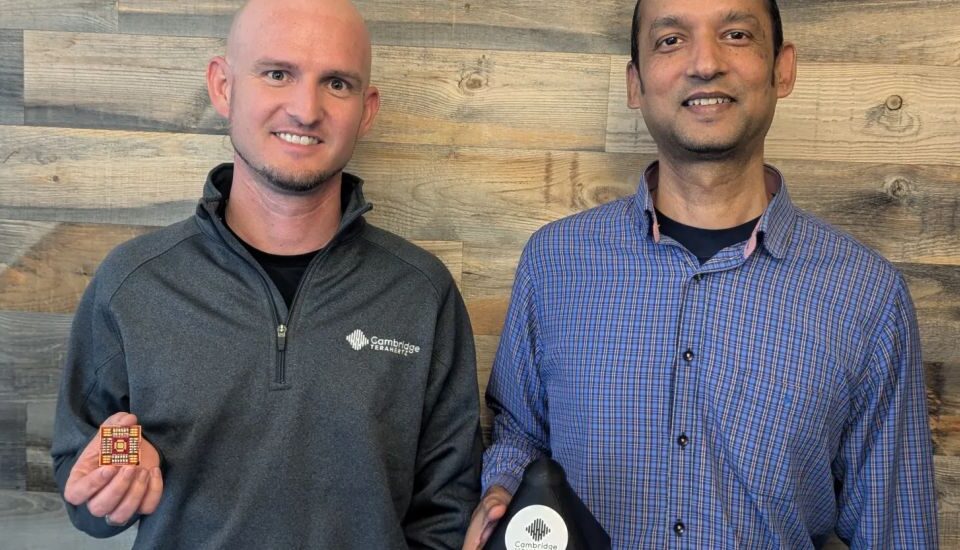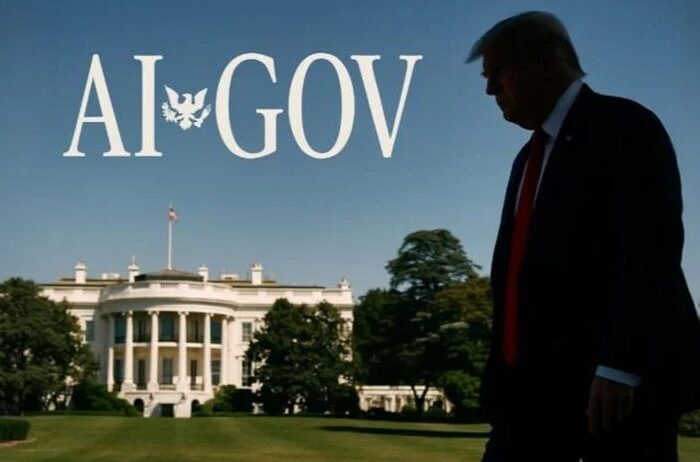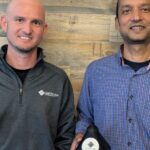Amazon backs startup founded by MIT researcher in $12M round to tackle $100B return fraud crisis

Return fraud has quietly ballooned into a $100 billion problem for retailers. It’s the kind of scam that feels almost too simple: customers request refunds, keep the product, and send back an empty box—or worse, a box filled with junk. And companies like Amazon, which processes millions of returns each year, are right in the crosshairs.
Now the retail giant is turning to a startup out of Sunnyvale, California, for help. Founded by an MIT researcher, Cambridge Terahertz is building a 3D imaging system that can peek inside unopened boxes. Think of it as a scanner that doesn’t need to break the seal to know if you’re returning the sneakers you ordered—or a box of rocks.
Cambridge Terahertz Raises $12M to Help Amazon See Inside Boxes Using 3D Imaging
The startup just raised $12 million in seed funding led by Felicis, with Amazon’s $1 billion Industrial Innovation Fund also joining in, the company announced on Thursday. The investment is part of Amazon’s push to support technologies that can plug into its massive logistics machine.
“This funding is fuel – not the finish line. We’re scaling our team, accelerating product development, and gearing up for early deployments. The metric that matters isn’t dollars raised, but lives saved and value created,” said, Nathan Monroe, CEO of Cambridge Terahertz.
“Amazon handles a lot of boxes, as you can imagine,” Monroe said in an interview with CNBC. “It’s a big problem just knowing what’s inside boxes, knowing how efficiently they’re packed, knowing if what you’ve returned to them is what you said it is.”
From Garage Near MIT to Government Contracts
Cambridge Terahertz didn’t start in a flashy lab or VC incubator—it started in a garage near MIT, which the team nicknamed “Garage Mahal.” Over the last two and a half years, that garage-born project has grown into a ten-person team based in Sunnyvale, California, complete with a THz test lab and three generations of custom silicon imaging chips.
What began as a tool to detect concealed weapons has since attracted interest across industries. The startup now holds four active government contracts—including support from the Department of Defense and the National Science Foundation—and has logged multiple letters of intent from commercial customers. They’ve already demoed their imaging system publicly and plan to kick off initial trials later this year.
While return fraud prevention is one entry point, the team is eyeing a wider range of applications—from supply chain visibility to non-destructive testing in aerospace and medical fields. Their goal: build a universal imaging platform that can see through materials safely, affordably, and without the bulk of traditional scanners.
Monroe co-founded the company last year after spending time researching terahertz imaging at MIT. What they’ve built is a chip-based system, shrunk down from airport-style scanners into a small pyramid-shaped device that fits in the palm of your hand. It can “see” through packaging materials without opening anything, making it useful not just for retail but for applications ranging from aerospace to border inspections.
Cambridge first got on Amazon’s radar during a packaging visibility pitch competition in 2023. Its compact scanner fits neatly into Amazon’s interest in automating and improving warehouse efficiency. The device could help flag damaged or incorrect items before they’re shipped—or identify whether a return is legitimate without requiring someone to rip open the box.
Franziska Bossart, who leads Amazon’s Industrial Innovation Fund, said the company often looks to build deeper relationships with startups it backs. That could mean pilot programs, partnerships, or even future acquisitions.
“The ability to see into boxes, identify contents, along with the compact nature of the system could allow for integration at various points in our operations,” Bossart said.
The fund, launched in 2022, has already backed 20 companies and helped Amazon strike a licensing deal with AI robotics startup Covariant last August.
Cambridge’s tech isn’t just drawing attention from Amazon. The startup has signed four government contracts and has held talks with U.S. Customs and Border Protection to explore whether the system can help detect fentanyl smuggled across borders—something officials have increasingly focused on. The company’s approach sidesteps traditional, expensive scanning infrastructure by miniaturizing the process and making it portable.
The fresh funding will help Cambridge scale its team and push its technology into full production. Right now, the company has just 10 employees. But with Amazon’s backing and a growing lineup of commercial and government interest, it’s about to get a lot busier.




